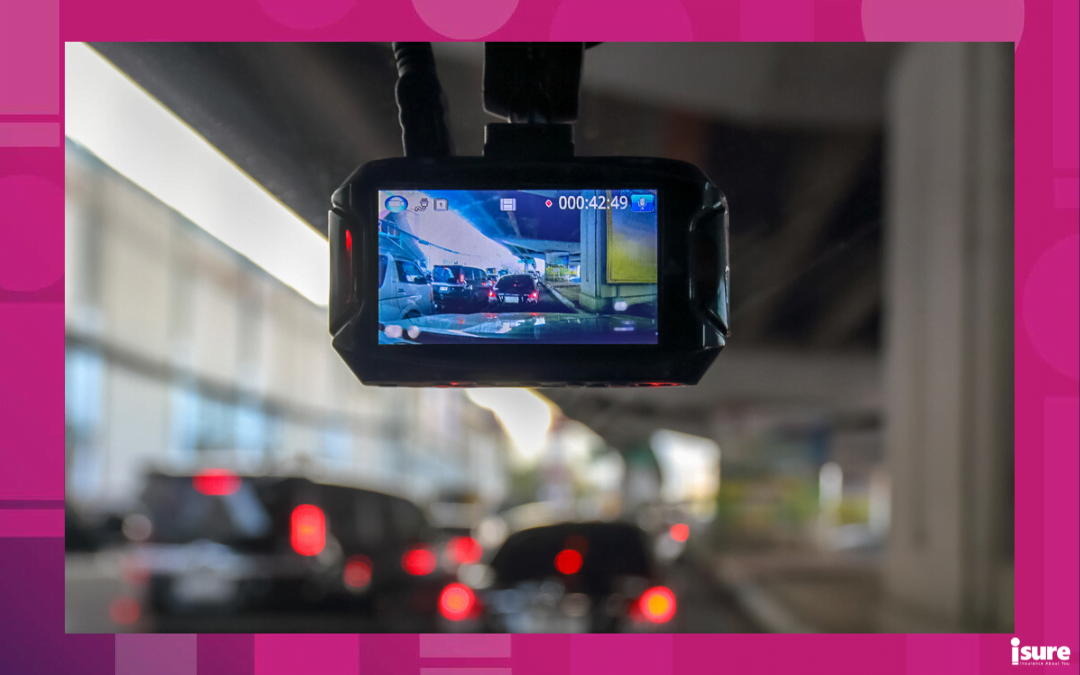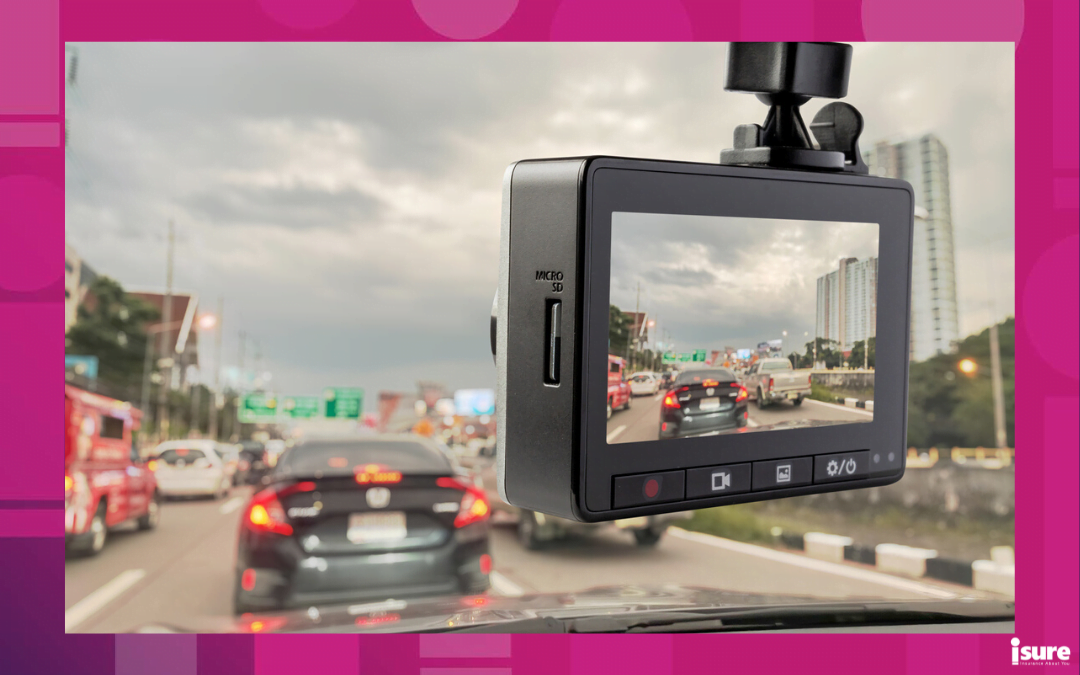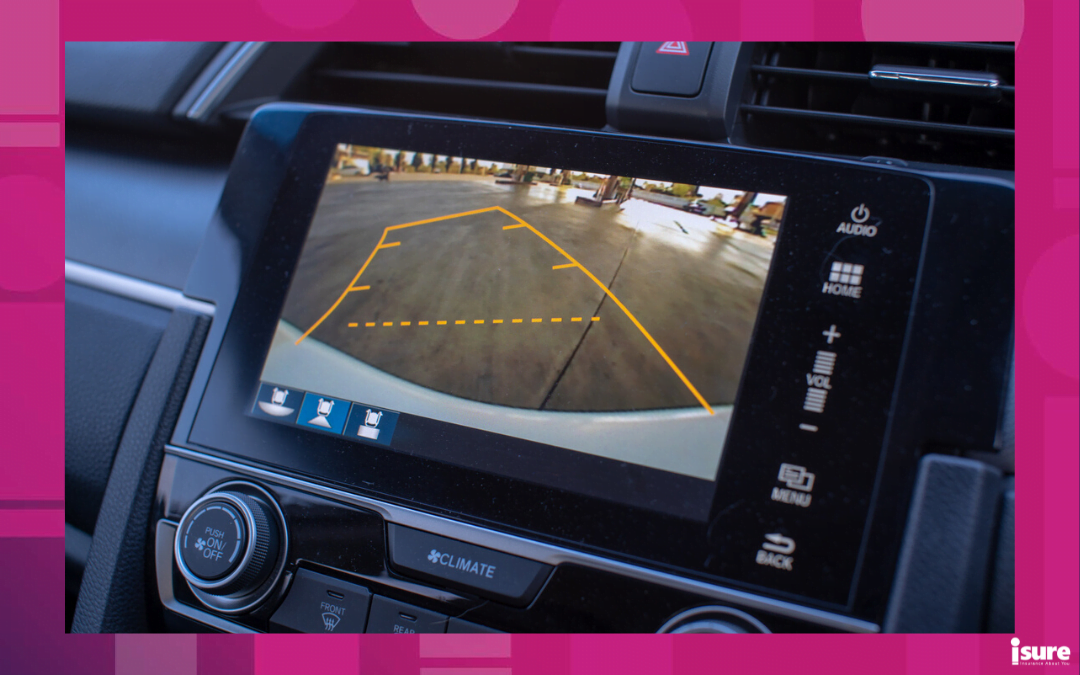In Canada, dash cams are legal, but depending on where you live, it can have restrictions or be illegal. Even though they are becoming more common in vehicles, many still have questions about how they work and the responsibilities attached to using one. We’ve compiled answers to some of your frequently-asked questions regarding dashboard cameras in Ontario.
Is it legal to use a dash cam in Canada?
Dash cam legality varies around the world. Most countries consider roads to be public space, therefore, allowing drivers to record footage. For instance, in Canada and the US, law enforcers encourage drivers to use dash cams. While dashboard cameras are legal in Canada and the US, some properties discourage use of them.
Where do you install a dash cam?
Dash cams can be mounted behind your rear-view mirror or on top of the middle of your dash. However, it should not block your view.
Do Wi-Fi- enabled dashboard cameras work with my home Wi-Fi?
No, it will not work on your home Wi-Fi. Often people get confused with home Wi-Fi cameras. Your home Wi-Fi cameras hook up to your home wireless network and hence, do not move. Automobiles move from point A to point B and leave any range capable from your home Wi-Fi. The Wi-Fi-enabled dash cams create a hotspot for you to pair your phone directly to it. These dash cameras will typically have an app you can download for Android or Apple.
How long will my dash camera record?
This is the most common question about dash cams. In short, it depends on your dash camera, video quality, and the size of memory card. Firstly, make sure you get a dashboard camera with a memory card. Most commonly, dash cams come with 16gb or 32gb memory cards included in the box. This will give you anywhere from one to four hours of continuous recording. Secondly, make sure the dashboard camera will support 128gb SD card or bigger, as they will last more than 16 hours.
Can you use your phone as a dashboard camera?
Yes — if you want to use your smartphone as a dash cam, you can probably find an app designed to do just that. But remember, you’ll still need to follow the rules of the road. Here are some tips for turning your phone into a dash cam:
- Secure your phone in a stand that doesn’t block your view while you’re driving
- Get the camera rolling before you leave your parking spot — you shouldn’t be touching your phone at all while you drive
- Consider getting a bigger memory card, as your phone might not be able to store as much video as a standalone dashboard camera
Are there different kinds of dash cams?
Yes, there are several types of dash cams, and while they come in all shapes and sizes, they may be classified into a few distinct categories:
- Single-lens dash cams (for forward-facing recording)
- Dual-lens dash cams (for front + rear recording)
- Dual-lens dash cams (for front + inside recording)
- Professional dash cams (for commercial or governmental fleet vehicles)
What features do dash cams offer?
Dash cams can come with several cool features, depending on how much you are willing to spend. On top of parking mode, other features can include:
- A front and rear camera
- Night vision
- Wi-Fi
- Built in GPS – allowing it to track both speed and location
- They can even notify you when it’s a good idea to slow down (and possibly avoid a collision)
Can a dash cam record while parked?
Parking mode is a feature of some dash cams that allows them to continue recording while your car is parked and turned off. Basic dash cams without a parking mode will turn off while your car’s engine is off, so your car is only monitored while you are driving.
Does having a dash cam lower insurance in Canada?
The short answer is no. While most insurance companies in Canada don’t offer a discount for installing a dash cam it can, however, indirectly affect your premium.
Does car insurance cover your dash cam if it gets damaged?
If you get into an accident and your dash cam takes a beating, your car insurance might cover it. This depends on how your dash cam was installed and what province you live in. Here are a couple of examples:
- Ontario: A permanently installed dash cam can be covered under your policy’s limit for after-market electronic equipment (this limit is usually $1,500).
- Quebec: Your car insurance will only cover your dash cam if it is permanently attached to your vehicle or if it can only be used with your car.
Do insurance companies accept dashboard camera footage?
Dash cam footage can provide strong evidence in your car accident claim. When you submit the footage to the insurance company, they will take what it shows into consideration. The potential impact that the recording can have on a deliberating jury (in a serious case) will be calculated.
Is the public obliged to turn over video evidence?
Legally, you are not required or obliged to turn over evidence caught on camera. There is no legal requirement that you must turn over video to the police. It’s a question of personal choice and a sense of whether there is an ethical obligation to do so. But typically, if the police want to see this type of evidence, they can apply for a warrant if you do not give consent.
Can dashboard camera footage be used against you in Ontario?
So, while it probably wouldn’t hurt to have a dash cam in your vehicle, understand that the footage is objective and it’s up to the legal system to decide who’s at-fault. It can certainly be used against you if you are found to be the at-fault driver.
All in all, we hope this article answers all of the questions you have about dashboard cameras and the regulations around them in Ontario. If you have any further questions or would like to submit a claim, contact isure today.




